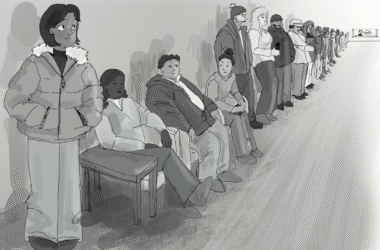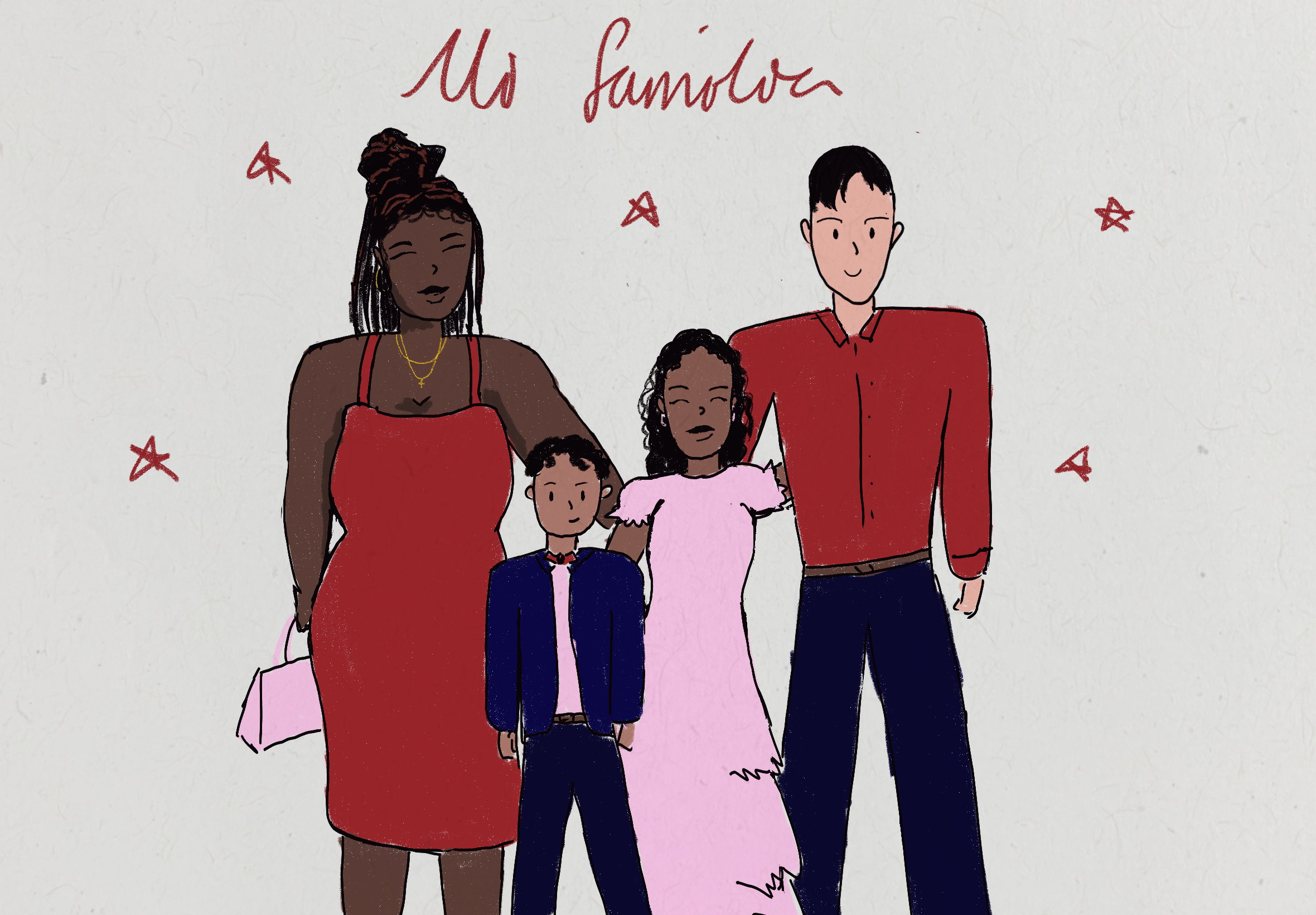Conversations surrounding mental health (MH) have increased dramatically in recent years, with many institutions promoting wellness and expanding volumes of resources. However, the presence of services alone does not guarantee accessibility, particularly for immigrants, refugees, and socioculturally diverse communities, who often face barriers due to language, financial constraints, and increasing[Read More…]
Tag: scitech
Parenting Black and Latine children in an era of heightened racism
In a political context marked by U.S. President Donald Trump’s inflammatory rhetoric vilifying people of colour, the rise of white supremacy, and heightened anti-immigration enforcement by ICE, racism and discrimination have become increasingly prevalent and dangerous for many people of colour. Black and Latine youth, in particular, are victims of[Read More…]
‘Not enough:’ How racial invalidation impacts the mental health of multiracial individuals
Despite facing unique forms of discrimination, multiracial people remain largely overlooked in research on the intersection of racism and mental health. Multiracial people not only experience racism from strangers, but also from within their own families—a phenomenon known as intrafamilial racism. This, in turn, is a risk factor for poorer[Read More…]
Started vaping to stop smoking? This medication may help you quit both
Electronic cigarette usage has increased rapidly in recent years, with global estimates surpassing 100 million users. As vaping continues to grow in popularity, physicians and public health researchers are facing a difficult question: How should people quit a habit for which there is virtually no medical treatment consensus? A new[Read More…]
Meet your prof: Loydie Jerome-Majewska
From uncovering the genes that cause birth defects to serving as Chair of the Board of Directors of the Canadian Black Scientists Network, Professor Loydie Jerome-Majewska has been a catalyst for change across fields. She serves as a professor in McGill’s Department of Pediatrics and senior scientist at the Research[Read More…]
From fauna to flora: The benefits of switching to plant-based protein
Vegetarianism has been on the rise for years; in 2024, 2.3 million Canadians self-identified as vegetarian, a 176 per cent increase from 2015. Several factors contribute to the marked rise, including vegetarianism’s perceived benefits for both individual consumers and the environment. But how beneficial is it really? McGill Professor of[Read More…]
Professor Myrna Lashley sheds light on the importance of studying Black Canadian youth’s mental health
Black Canadians, on average, experience disproportionately poor health outcomes throughout their lives. While genetics may contribute to many chronic illnesses and mental health challenges, social and environmental determinants such as limited access to health care and anti-Black racism drive much of this disparity. This discrepancy is compounded by the legacy[Read More…]
Take the Tribune’s Science and Technology quiz
In 1989, Alan Emtage, a graduate and system administrator at McGill, created the first Internet search engine, which present-day search engines still rely on. What did he call his search engine? a) WebCrawlerb) Yahooc) Archied) ChatGPT As of Fall 2025, which faculty had the largest number of students enrolled? a)[Read More…]
The link between mental health and breathlessness
Have you ever trudged through the snow up rue University, about to write a final exam that will make or break your grade? By the time you reach the top of that hill, you might be feeling more out of breath than usual. A recent study involving Dennis Jensen, a[Read More…]
Goat and sheep milk allergies point to underlying cow’s milk allergy…Most of the time
Despite the meteoric rise of plant-based milk’s popularity over the past few years, cow’s milk continues to dominate the global milk market. It is an excellent source of vital minerals, vitamins, and proteins, and is often recommended for young children—that is, assuming they are not allergic. Even with all of[Read More…]














